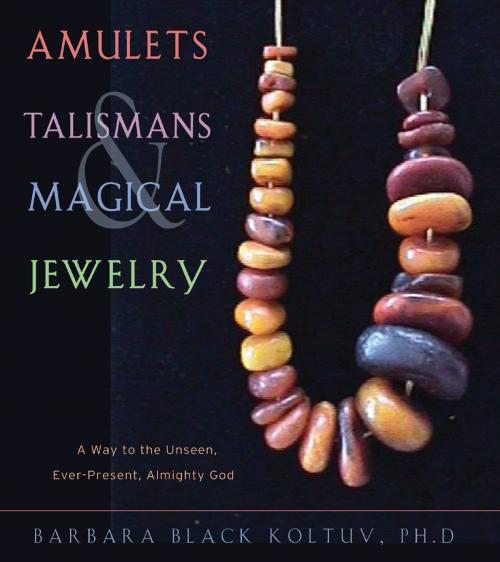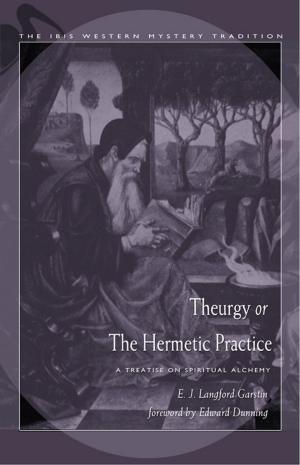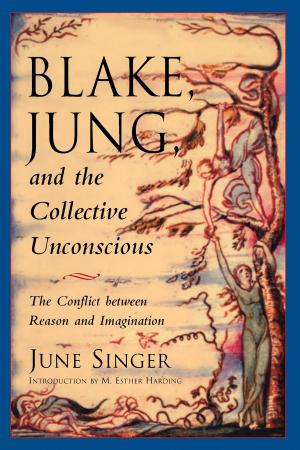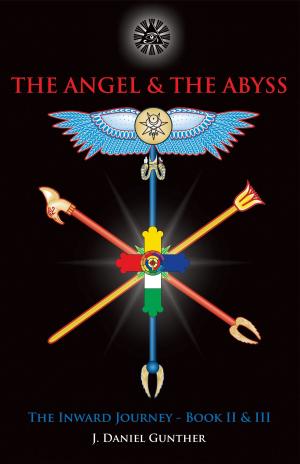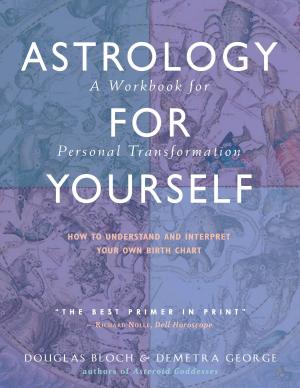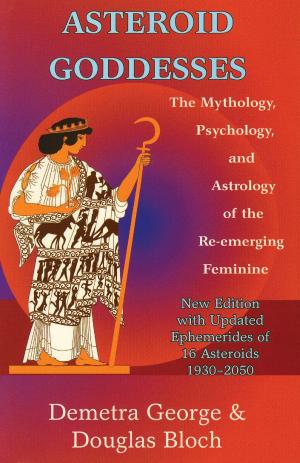Amulets, Talismans, and Magical Jewelry
A Way to the Unseen, Everpresent, Almighty God
Nonfiction, Religion & Spirituality, Occult, Divination, Spiritualism, New Age| Author: | Barbara Black Koltuv | ISBN: | 9780892546220 |
| Publisher: | Nicolas-Hays, Inc | Publication: | August 20, 2005 |
| Imprint: | Nicolas-Hays, Inc | Language: | English |
| Author: | Barbara Black Koltuv |
| ISBN: | 9780892546220 |
| Publisher: | Nicolas-Hays, Inc |
| Publication: | August 20, 2005 |
| Imprint: | Nicolas-Hays, Inc |
| Language: | English |
The second commandment of the Old Testament forbids the making of idols to represent God. However, since human beings have always needed a direct and personal connection to the divine, a way is provided in Exodus when God says, "Make a sanctuary for me and I will come to dwell among you." God goes on to give instructions for building the Ark of the Covenant–the first tribal amulet, not yet personal but still representing the presence of God. From there, amulets, talismans, and magical jewelry evolved to provide a personal connection to God.
Koltuv has collected bits of scripture describing amulets and talismans and features pictures of her extensive collection of these protective and magical treasures. It's all here: glass beads for protection against the evil eye; the mezuzah found on door frames; the hamsa, or upraised hand; engraved pendants and tiny boxes containing special prayers; Aron's breastplate; the prayer shawl and teffilin; henna hand and foot painting; and amulets from the Sepher Rezial. As visually fascinating as these objects are, how they came into use is even more so.
Koltuv revives an awareness of how many of the objects we wear and carry with us without a second thought are actually magical bridges between heaven and earth.
The second commandment of the Old Testament forbids the making of idols to represent God. However, since human beings have always needed a direct and personal connection to the divine, a way is provided in Exodus when God says, "Make a sanctuary for me and I will come to dwell among you." God goes on to give instructions for building the Ark of the Covenant–the first tribal amulet, not yet personal but still representing the presence of God. From there, amulets, talismans, and magical jewelry evolved to provide a personal connection to God.
Koltuv has collected bits of scripture describing amulets and talismans and features pictures of her extensive collection of these protective and magical treasures. It's all here: glass beads for protection against the evil eye; the mezuzah found on door frames; the hamsa, or upraised hand; engraved pendants and tiny boxes containing special prayers; Aron's breastplate; the prayer shawl and teffilin; henna hand and foot painting; and amulets from the Sepher Rezial. As visually fascinating as these objects are, how they came into use is even more so.
Koltuv revives an awareness of how many of the objects we wear and carry with us without a second thought are actually magical bridges between heaven and earth.
